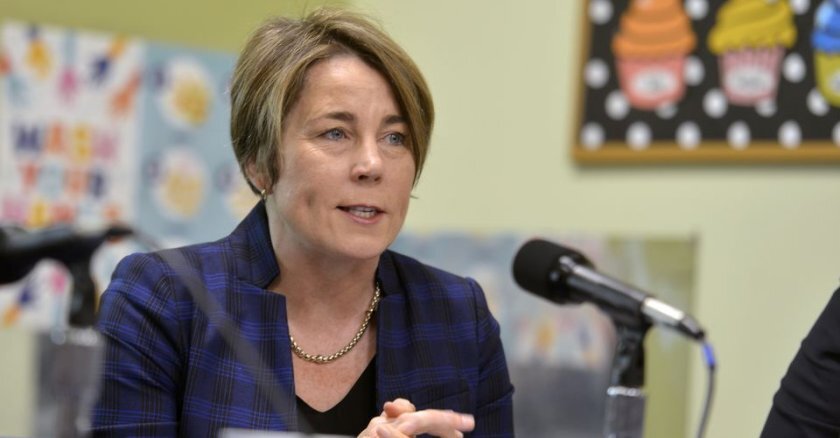States are sitting on a mountain of money. They ended the last fiscal year with near-record amounts in their rainy-day funds, a grand total of $160 billion. They’ll need it, with pandemic-era federal aid running dry and states such as California staring at significant shortfalls.
But what about the rest? In years when states are building up reserves rather than drawing them down, where do they keep the cash? The short answer is that it depends, but state finance officers keep the money in accessible accounts in case lawmakers need the funds in any kind of a hurry.
Thirty-eight states have accumulated record reserves, with a handful holding enough cash to keep their governments running, theoretically, even if no other sources were available for more than three months. It won’t come to that, but many states will start to draw down their savings in the near future.
Much of the money is sitting in state treasury accounts just waiting to be spent. Sometimes the money is held in multiple accounts, each with its own rules and regulations regarding how and when it can be withdrawn. Some states do keep money in interest-earning funds. Others invest in “low-risk financial instruments,” says Jeff Chapman, director of the state fiscal health initiative at the Pew Charitable Trusts, such as money market funds. This way, their money can be making money while waiting for the proverbial rainy day.
What about when that dreaded day arrives? Legislators can’t just call up finance officers and ask them to start cutting checks. Depending on the state, there may need to be specific conditions in place such as economic volatility or revenue forecasting errors. In some cases, budget emergencies have to be declared by the governor, followed by majority votes in the legislature. In states including Alaska, Texas and Washington, legislators can tap into the funds when there isn’t any emergency or even a downturn, but only by supermajority votes.
When the time comes, the reserves are ready in completely or fairly liquid accounts, just waiting to be drawn down. That’s the whole point. It’s nothing fancy, much like the cash individuals keep on hand, or try to keep on hand, in case they’re hit with unexpected bills. Perhaps states could build up their reserves even more by playing the stock market or the like, but the point is to keep the money handy for when they need it in a hurry.












